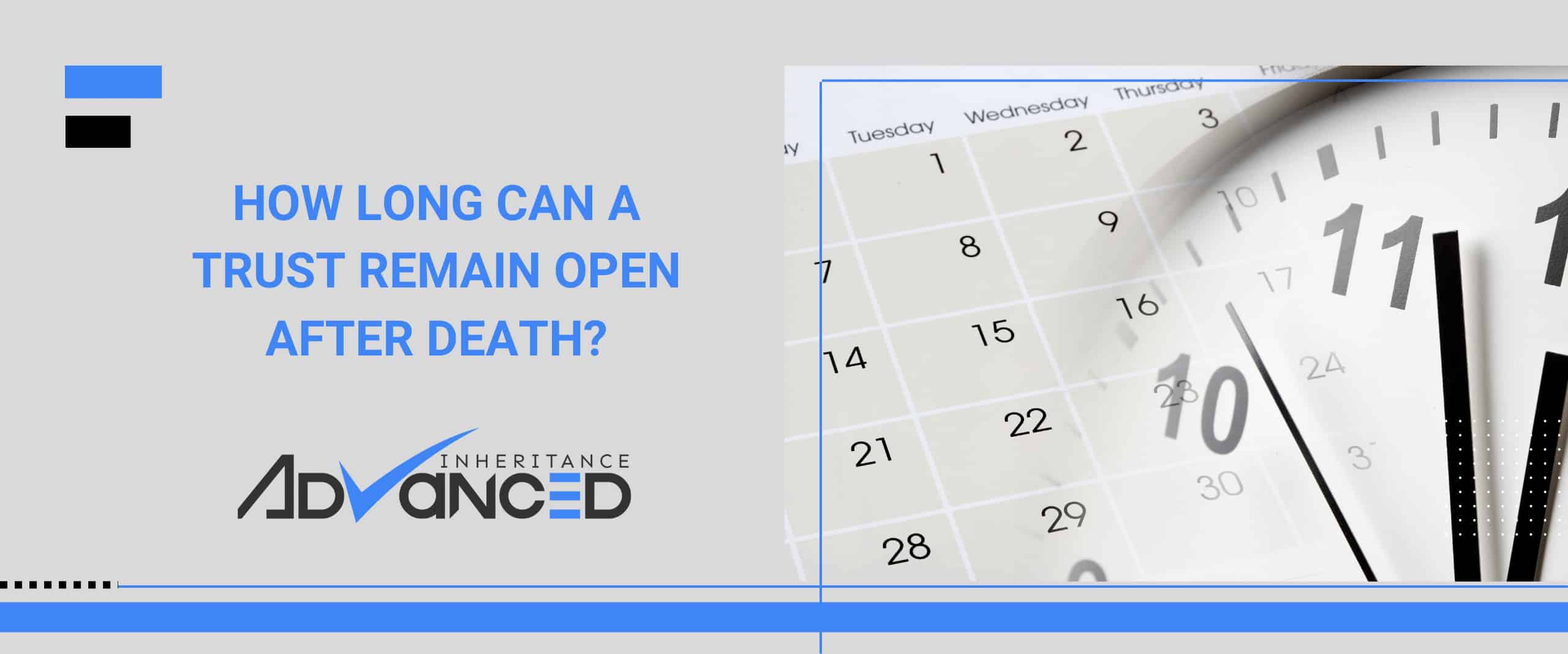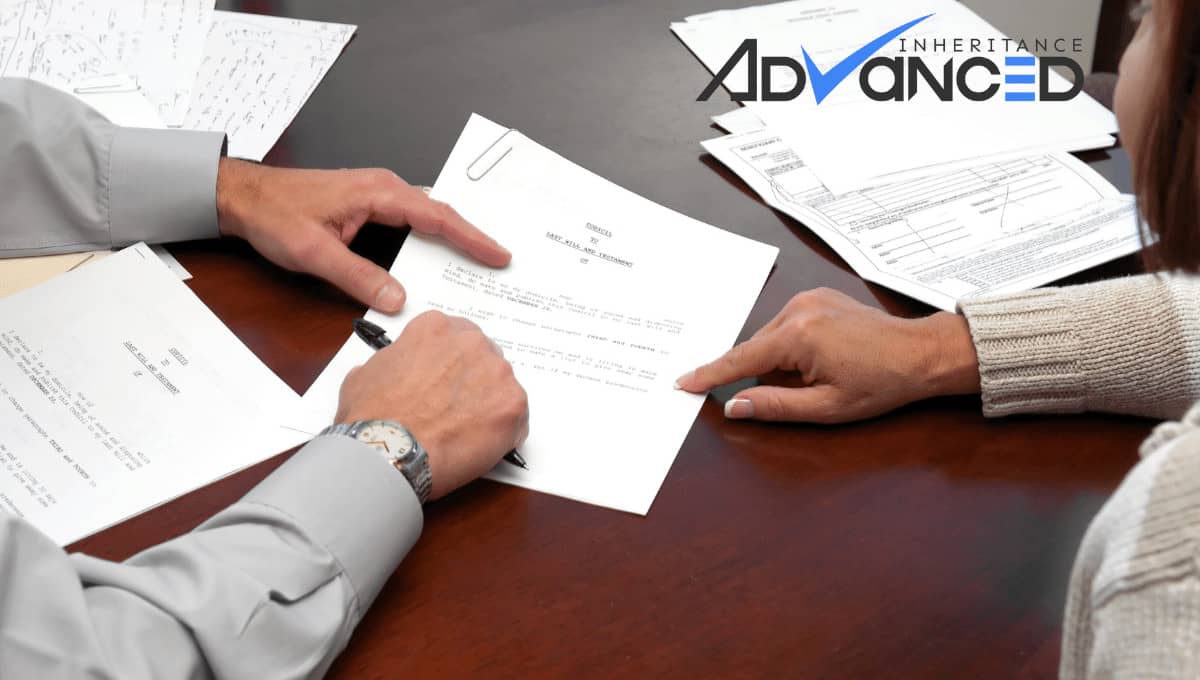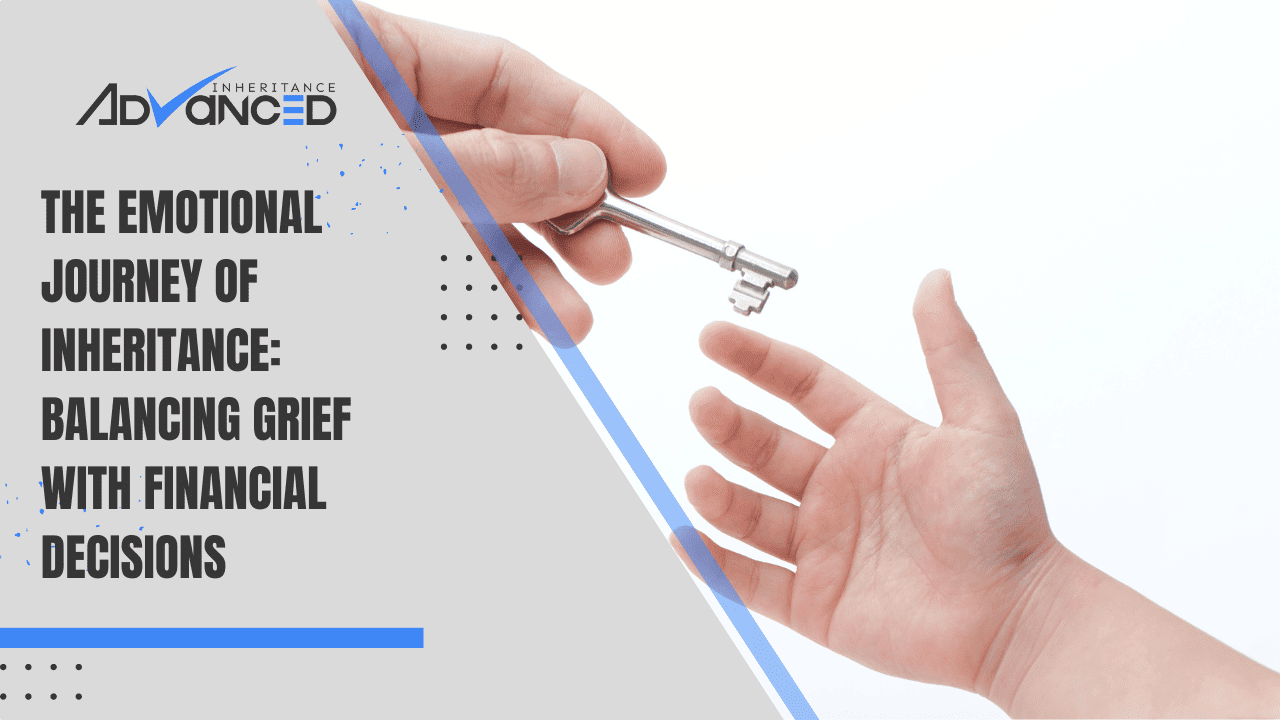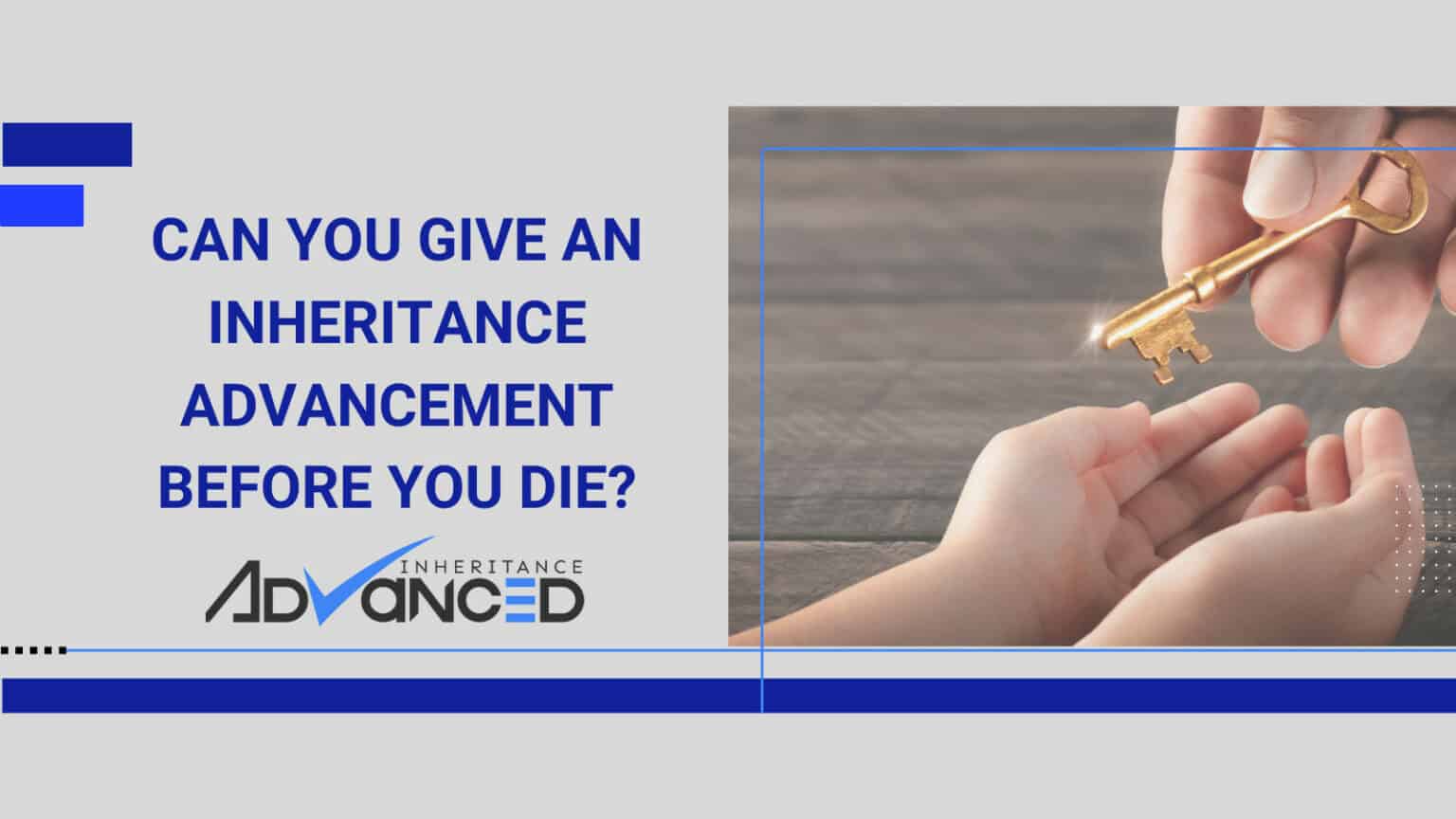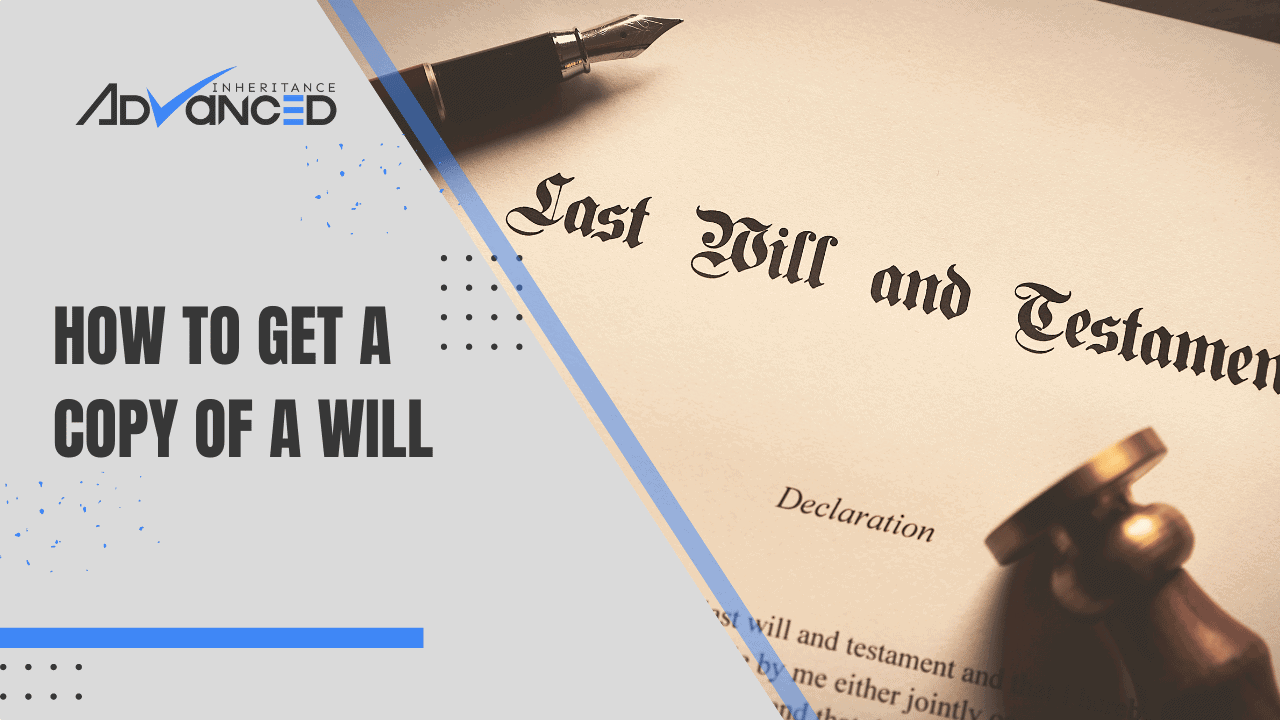A trust can stay open for up to 21 years after the death of anyone alive at the time the trust was established, although the majority of trusts end at the death of the trustor and the assets are distributed immediately. Depending on the terms of the trust, a beneficiary who is under the age of eighteen may be prohibited from receiving their inheritance until they become old enough by law. If the beneficiary is incompetent, they may continue to receive trust funds until their death.
Table of Contents
What Is A Trust
A trust is a fiduciary arrangement that permits a trustee to keep assets for the benefit of one or more beneficiaries. Trusts can be structured in a variety of ways and can stipulate precisely how and when assets are transferred to beneficiaries. Frequently, a spouse will serve as both the trustee and executor of an estate.
Since trusts typically don’t require probate, your beneficiaries may be able to acquire access to these assets more rapidly than they would with a will. Moreover, if the trust is irrevocable, it may not be deemed part of the taxable estate, thus fewer taxes may be owed following your death. There are three types of trust, namely:
- Living trust
- Revocable trust
- Irrevocable trust
Struggling To Get Your Inheritance?
How Long Will It Remain Open?
A trust can remain open for 21 years until after the death of anybody present when the trust was created. However, in some cases, depending on the trust documents, some trusts can be open till it has fulfilled their purpose or when the trust property is fully exhausted.
How Does A Trust End?
The process of ending a trust may also appear to be difficult, but the reality is that the process is mostly determined by the terms of the trust itself as well as the actions taken by the trustee and the beneficiary in response to the trust after the grantor has passed away.
It Has Fulfilled Its Purpose
A trust can be ended if the grantor’s instructions specified in the trust document’s purpose have been fulfilled. If the grantor of the trust specified an “end date” or a condition for the trust, then the trust would be terminated once either the date set by the grantor or the condition was met.
When Trust Property Is Exhausted
A trust can be ended when the trust property has been depleted, For example, a trust can come to an end if the “appropriate” circumstances are met. This means that the assets held in the trust have been distributed to the beneficiaries and the trust’s resources have been depleted.
How Is A Trust Beneficial To Your Estate Planning?
After the death of a loved one, it can be emotionally heartbreaking to learn that you will need to go through the process of probate to settle their estate. While you are grieving the loss of a loved one, you now have legal responsibilities to handle, such as making funeral arrangements and burying the deceased.
In Arkansas probate law, the process of probate is not required if the deceased person has established a trust (or family trust), which, in the majority of circumstances, assists their estate in avoiding the need for probate.
In the event that these trusts or plans were not established, the probate process in Arkansas is the sole means through which the assets of an estate can be dispersed. Even if the deceased person had a trust in place when they passed away, some circumstances could require the estate to still go through the probate process.
How We Can Help You
Getting funding when you are waiting on an inheritance can feel overwhelming. It’s also scary to think you might inherit debt when your parents pass away. We make funding as easy as possible with a 3 step process that can get you money in 3 days.

